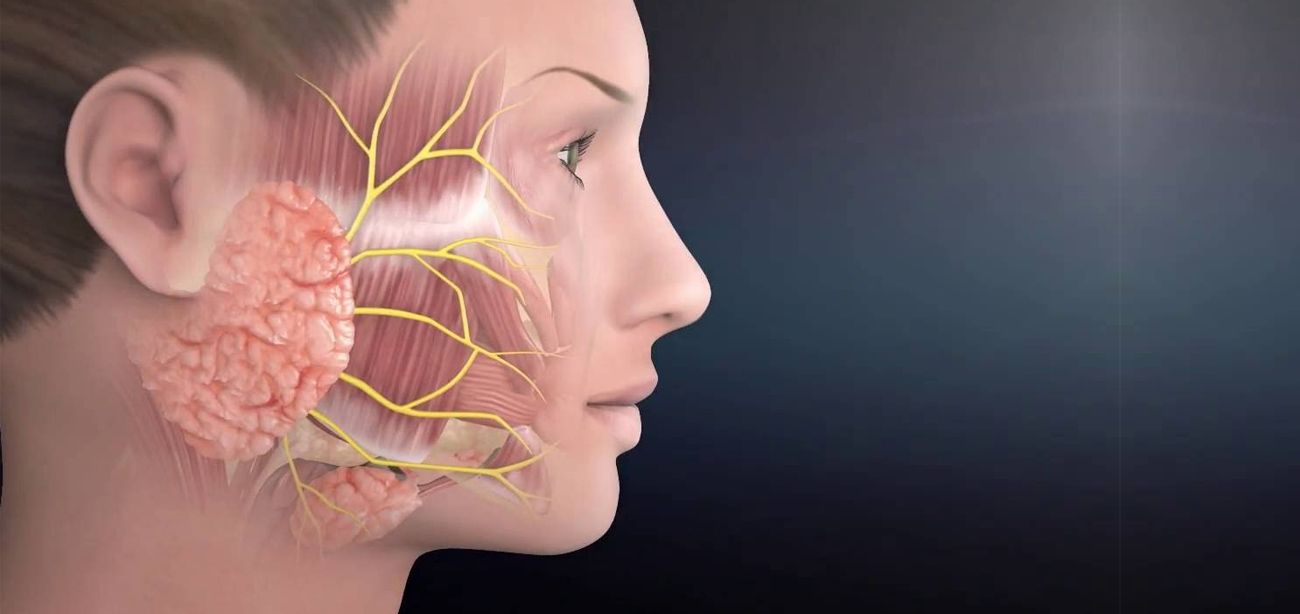
A parotidectomy is the surgical excision (removal) of the parotid gland, the major and largest of the salivary glands. The procedure is most typically performed due to neoplasms (tumors), which are growths of rapidly and abnormally dividing cells. Neoplasms can be benign (non-cancerous) or malignant (cancerous). The majority of parotid gland tumors are benign, however 20% of parotid tumors are found to be malignant.
The parotid gland consists of two lobes: the superficial lobe and the deep lobe. Surgery to remove a tumor in the superficial lobe is called a superficial parotidectomy. Surgery to remove a tumor in the deep lobe — or in both the deep and superficial lobes — is called a total parotidectomy. The two lobes are separated by the facial nerve.
Treating parotid gland tumors requires great precision on the part of your surgical team because the facial nerve is nearby. The facial nerve controls your ability to close your eyes, raise your eyebrows, and smile.
 WhatsApp
WhatsApp